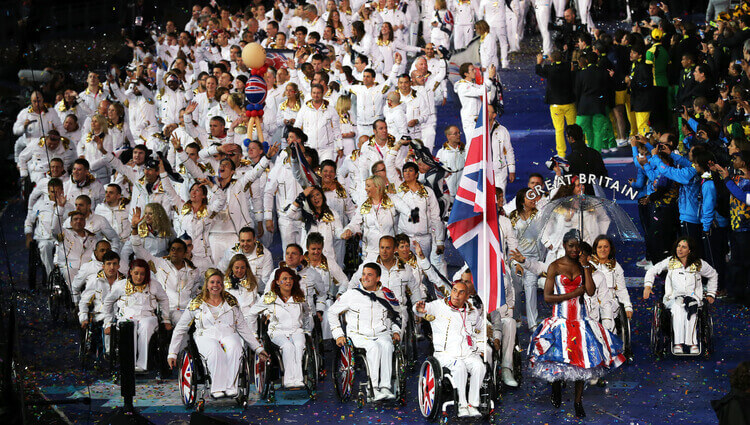KEY INFORMATION
Recommended age group: 7–11
Time required: one 45–60 minute session
Equipment: Moment to shine activity sheets.
ACTIVITY IDEA
Reporting on the achievements of Olympians and Paralympians was central to the success of the Games. The Olympic Park included a 24-hour media hub for around 20,000 broadcasters, photographers and journalists who brought the Games to an estimated four billion people worldwide.
In this project, the children look back at the London 2012 Games and reflect on some of the memorable images, headlines and stories reported in the news. They go on to practise their own literacy skills by reporting on an event taking place in their school or local community.
- Watch the films featuring highlights from London 2012 and ask the children to think about what it would have been like as a spectator, either visiting the Games or watching at home.
- The London 2012 Motto was 'Inspire a generation'. What do these words mean to the children?
Creating an article
- Talk about how important it is for a news report to give the reader important and interesting background information e.g. about the venues, world records, personal bests.
- Quotes from the athletes, their coaches, family and friends, spectators and volunteers also made a story much more interesting
- Look at the activity sheet: 'Super Saturday', which includes a report on a sporting event. Work through the examples of headline, subheads and wordplay. Can the children see that the opening sentences are important in catching the reader's attention and in summarising the story?
- Encourage them to research other Olympic and Paralympic stories and to make a collection of memorable headlines, opening sentences and inspiring quotations. The image gallery contains images of Olympic and Paralympic heroes the children will find useful.
Over to you!
- The activity sheet 'Over to you' provides an image and writing scaffold for the children to complete their own report on an Olympic or Paralympic event incorporating the techniques introduced in the first part of the project.
- Older and more able children could also experiment with presenting a report for a different media outlet e.g. radio, television or a website blog.
- Ask the children to show their reporting skills by covering an actual event taking place in their school or local community. Their work could be published in a school newsletter, on a website or on a display board.
- You could extend the work by exploring other outlets, for example, making a short film or contacting your local community radio station, which may be willing to transmit the children's work or interview them about their project.

